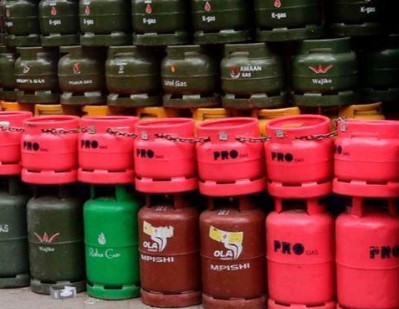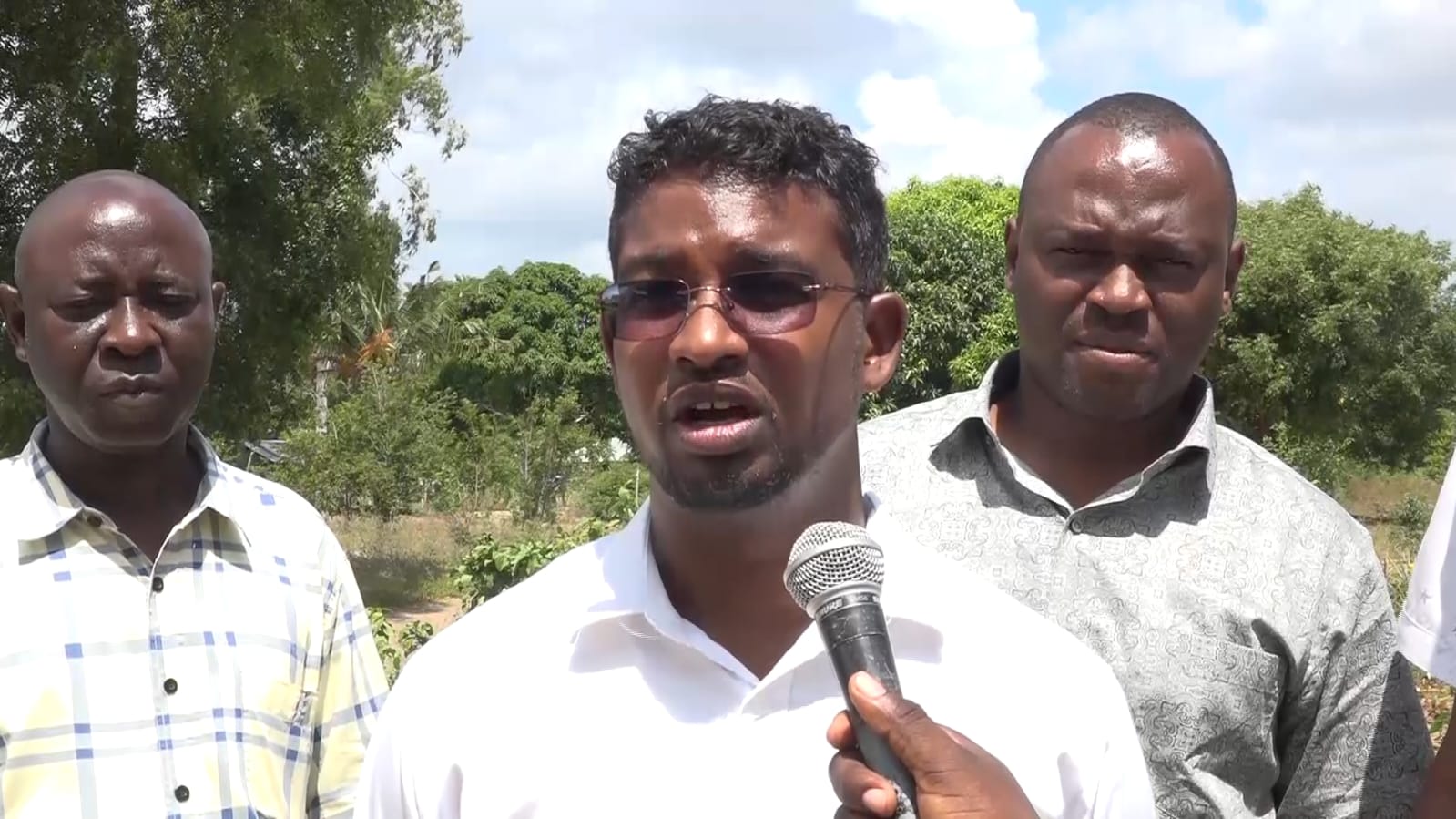Kenyans using cooking gas more despite rising prices, KNBS report shows

Cooking gas, though considered cleaner than traditional biomass fuels like firewood and charcoal, remains inaccessible to many Kenyans due to its cost.
The consumption of liquefied petroleum gas (LPG) in Kenya rose by 15.4 per cent during the first eight months of this year, even as prices continued to climb.
According to the Kenya National Bureau of Statistics (KNBS), Kenyans used a record 271,070 tonnes of LPG during the period, up from 234,720 tonnes in the same timeframe last year.
More To Read
- Kenya losing Sh684 billion in untapped export earnings, KAM study shows
- Kenya sees major boost from visa-free policy as tourist numbers hit 1.8 million
- KNBS data shows uneven food price shifts as inflation dips slightly
- How digital platforms are creating new pathways for youth, with riders taking home up to Sh70,000 monthly
- Busia destroys Sh21.9 million worth of heroin, bhang in anti-drug operation
- Economic value of unpaid domestic and care work in Kenya
Despite the rising demand, the average price of a 13kg cooking gas cylinder increased by 6.5 per cent, reaching Sh3,198.66 by August 2024, compared to Sh3,003.53 in 2023.
KNBS attributes this price increase to global market trends, even as the Kenyan shilling remained strong.
Cooking gas, though considered cleaner than traditional biomass fuels like firewood and charcoal, remains inaccessible to many Kenyans due to its cost.
The Energy and Petroleum Regulatory Authority (Epra) noted that 94.7 per cent of the energy consumed in Kenya is derived from biomass.
“Demand for Liquefied Petroleum Gas (LPG) recorded an increase in 2023 to 360,594 tonnes from 333,830 tonnes in 2022. The increase can be attributed to government policy to promote the use of clean energy, such as zero-rating taxes on LPG through the Finance Act of 2023, which led to a reduction in the price of the commodity,” Epra said.
To make LPG more affordable, the government has implemented tax incentives, including removing the eight per cent Value-Added Tax (VAT) on the product last year.
This policy, introduced under the Finance Act, 2023, resulted in lower prices for consumers and aligned with Kenya’s green energy goals.
The government is also exploring regulatory measures to control LPG prices, similar to those used for fuel and electricity.
It plans to introduce an Open Tender System (OTS) for importing LPG. Under this system, importers will bid to supply the product for a specific period, with the winning bidder selling to other dealers at a pre-determined price.
Officials believe this approach will reduce the influence of private players, who currently dominate the market and have significant control over LPG pricing.
Top Stories Today
















































